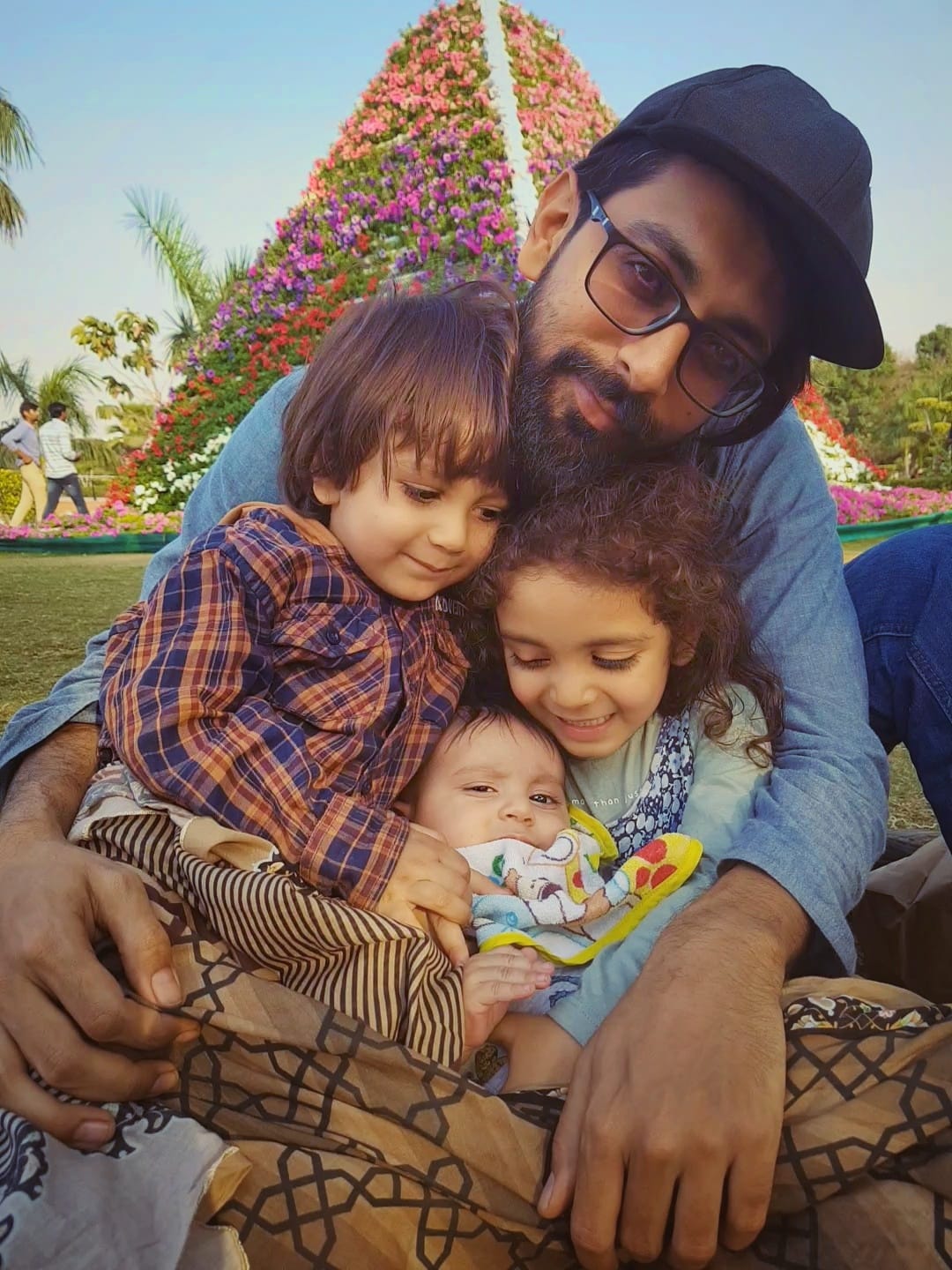In Germanic Healing Knowledge (GHK), repeated occurrences of common cold and cough are not seen as infections caused by external pathogens, but rather as biological responses to unresolved emotional or psychological conflicts. According to GHK, these symptoms often manifest as part of the body’s natural healing process once a conflict has been temporarily resolved. Here’s a breakdown of the GHK perspective on common cold and cough:
Root Conflicts for Common Cold Symptoms
- Nasal Symptoms (Runny or Stuffy Nose):
- Conflict Type: The biological conflict often associated with a runny or stuffy nose is a “stink conflict” or a sense of something unpleasant or “stinky” in one’s environment, often metaphorically.
- Example Triggers: A person might experience this type of conflict if they are in a situation that they find irritating, unpleasant, or intrusive. For children, this could be a reaction to something distressing at school or with family. Adults may experience it during challenging work situations or in strained relationships.
- Healing Phase: After the perceived unpleasantness is resolved or the individual has adapted to it, the body enters the healing phase, where symptoms like a runny nose or congestion may appear as the body repairs the nasal mucosa.
- Cough (Dry or Productive):
- Conflict Type: Coughs, according to GHK, can result from a “territorial fear conflict” or a “scare conflict” related to feeling threatened in one’s environment or experiencing unexpected distress.
- Example Triggers: For instance, if someone feels uneasy in their surroundings or feels startled by a sudden event, this could activate this response. Children may develop a cough after being scolded or exposed to a new, intimidating environment.
- Healing Phase: When the threat or conflict is perceived as resolved, the body enters a repair phase where mucus production or a cough occurs to clear the respiratory passages as part of the healing process.
- Recurring Symptoms and Chronic Cold/Cough:
- Conflict Type: If conflicts are repeatedly triggered without full resolution, symptoms may recur as the body cycles through conflict activity and healing phases.
- Impact of Chronic Stressors: In cases where a person frequently encounters the same stressful environment or unresolved fears, the body may continually cycle through these healing phases, resulting in persistent or recurring cold and cough symptoms.
Why Young People May Experience Repeated Colds
Young people and children, due to their sensitive response to environmental and emotional stressors, may experience repeated symptoms if they are in environments that continually present stressors, like school pressure or unstable home dynamics. Because children often lack the skills to resolve or process conflicts fully, their bodies may express these conflicts physically, through recurrent colds or coughs.
GHK Approach to Healing
In GHK, resolving recurrent colds and coughs involves addressing the underlying emotional or psychological conflicts. By identifying and working through the root cause—such as feelings of irritation, fear, or unease—individuals can prevent the recurrence of these symptoms. Recognizing these conflicts and taking conscious steps to resolve or avoid the triggers is seen as key to breaking the cycle of symptoms, allowing the body to maintain a state of balance and health naturally.

